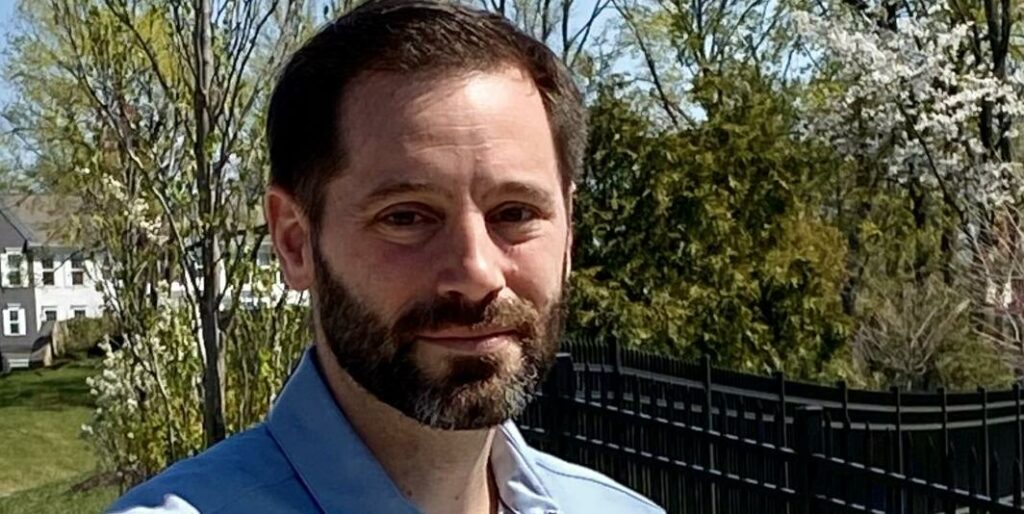
Published in LNP | LancasterOnline –
Teaching during a presidential election is like navigating a minefield; one misstep can trigger unintended consequences, like sitting in your boss’s office after a parental complaint.
Every four years, the public school classroom mirrors the country’s political divide, and the challenges of teaching during a presidential election come into sharp focus. Emotions run high, with students bringing their families’ — and their own — political leanings into discussions. In this charged environment, teachers carefully walk that narrow minefield.
In Lancaster County, five public school districts have enlisted the services of the religious rights law firm, Independence Law Center. Across the commonwealth, we’ve seen school districts writing and rewriting policies to keep teachers from indoctrinating students. In one district, a school board canceled a visit by a well-known actor and children’s book author who was scheduled to speak at an anti-bullying assembly — because, of course, politics.
The debate rages on: Some argue that the current educational landscape leans left, making it difficult for administrators to create a truly neutral school environment and for instructors to facilitate any balanced classroom discussion. Children inevitably seek clarity on what is right and wrong, and the argument is that some state-mandated standards may inadvertently sideline certain perspectives. Even home schools are not immune; the state has the authority to review lesson plans and a child’s work.
But here’s the thing — politics in schools? It’s not the teachers’ doing.
Staying above the fray
In West Virginia State Board of Education v. Barnette in 1943, the U.S. Supreme Court drew upon the First and 14th Amendments to rule that public schools could not force children in a family of Jehovah’s Witnesses to salute the flag or recite the Pledge of Allegiance. This landmark decision points to the importance of protecting individual freedoms and preventing public school employees from imposing specific beliefs on students. Today, teachers remain committed to the Barnette doctrine as professionals who engage students in objective analysis skills and viewpoint diversity.
As parents send their children to school this fall, they might wonder: Can teachers really stay above the political fray?
The short answer? Yes — because they must.
Teachers are professionals dedicated to their students’ intellectual growth. When teaching about elections, they often adopt thematic and interdisciplinary approaches, offering balanced, evidence-based learning that everyone can appreciate. Consider the five themes teachers generally explore during election season: “Media and Influence,” “Civic Responsibility,” “The Constitution,” “Voting and Elections,” and “Continuity and Change.” This fall, any one of these themes will allow students to explore connections between the 2024 presidential election to broader concepts, spanning time periods and subjects.
Let’s look at one example. Under the theme “Media and Influence,” teachers will base the lesson on an open-ended, debatable question that ties back to the theme, such as this: “To what extent did horse-race journalism influence President Joe Biden’s decision to leave the presidential race?”
This lesson typically draws on content areas across disciplines. Teachers guide students through the history of horse-race journalism (poll-focused reporting on the competition in races) and its impact on political candidates. They teach students how to analyze rhetorical patterns in campaign speeches, and how to evaluate political cartoons and propaganda art. They have students study the impact of social media algorithms, and would encourage them to interrogate how polling data may have influenced public opinion leading to President Biden’s withdrawal from the race.
More fundamentally, election-based lessons rely on primary sources: the U.S. Constitution, speeches, Supreme Court holdings and televised political discourse. In fact, when tackling the essential question on horse-race journalism, teachers would encourage students to examine how public opinion polls and other primary sources shaped Biden’s decision to drop out. This approach prioritizes students’ ability to analyze sources related to the media’s role in this major moment of the election, rather than relying on mere opinion.
Ethical obligation
Here’s the reality: Much like a judge who must rule by fairness and impartiality, a teacher is ethically bound to teach objectively. When politics enters the classroom, it’s an opportunity to teach essential skills — skills important for evaluating information, including data analytics, content analysis and evidence-based argumentation. Focusing on such skills reduces the risk of teachers imposing their personal views, as students are assessed on their ability to use evidence, not on the opinions they hold, or on regurgitated information delivered by the teacher.
Precisely what measures do teachers use to evaluate what students learned about the election? They design open-ended assessments, giving students the option to choose topics aligning with the theme. This ensures that students are graded on their understanding of primary documents and their ability to think judiciously and objectively — not on their political beliefs.
But let’s be clear: Political pressures are inevitable. Public school teachers operate within a system where political influence is a constant, thanks to taxpayer funding and school board policies. It’s the educators’ treadmill: continuing to do their job while navigating ever-changing pressures placed upon them by competing stakeholder groups.
This influence is exercised through the same processes that govern all levels of government — by the election of politicians and the appointment of bureaucratic officials. Think of it: The election of school boards, which are responsible for approving the hiring of superintendents, principals and teachers, as well as approving curricula and school policies, inherently politicizes schools.
Path fraught with challenges
The point here is that today’s educators work under unprecedented levels of public scrutiny, intense school board oversight, and, in some states, legislative regulation not seen in over 70 years. Whether in an urban, rural or suburban district, or at the elementary or secondary level, many teachers are now engaging in self-censorship.
According to a 2024 Rand Corp. report, 63% of teachers in states that have enacted restrictions on discussing controversial or divisive concepts modify their instruction out of fear of losing their jobs. Even in states such as Pennsylvania, where such restrictions don’t exist, 55% of teachers report self-censorship, with the figure much higher in conservative-leaning school districts.
Anyone familiar with these numbers knows immediately that students will always have questions, and teachers must answer them to avoid stifling a child’s curiosity. Schools exist to foster growth, to enlighten and be enlightened. That is why a well-rounded education spans diverse subjects, from the liberal arts — social studies, English literature, languages — to science, technology, engineering and math fields. These disciplines fuel student curiosity and ensure students graduate from school more confident in their choices from when they began.
Teachers are already at risk walking through that minefield. Every step they take — whether crafting lesson plans, responding to student questions, or choosing which topics to cover — requires careful consideration to avoid unintended consequences.
“If there is any fixed star in our constitutional constellation,” wrote Supreme Court Justice Robert H. Jackson in Barnette’s majority opinion, “it is that no official, high or petty, can prescribe what shall be orthodox in politics, nationalism, religion, or other matters of opinion or force citizens to confess by word or act in their faith.”
Who is forcing students “to confess by word or act in their faith”? It’s not public school teachers, though they often are accused of doing so. Just as in any minefield, teachers are prepared for a path fraught with challenges. They are ready because they understand that a school community truly committed to teaching self-governance and fostering involved citizens recognizes the value of an invigorating, positive and engaged student body — and trusts that its teachers are professionals in the truest sense.
Todd M. Mealy is a historian, author, educator and director of The Leon “Buddy” Glover Jr. Public Service Project at the School District of Lancaster. His most recent book is “Shades of Brown: The Official Biography of Jane Elliott and the Blue Eyes, Brown Eyes Exercise.” X (formerly Twitter): @ToddMealy.
